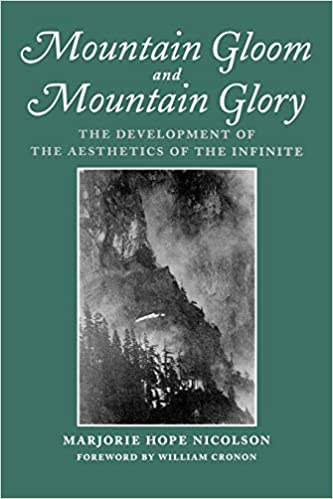Snaps with feet up in the beach sand. Fake candids at the edge of a cliff. 🥰
All’s good! Let us give you a short idea of how travel started long back.
The word ‘travel’ itself meant migration or moving out for business, and not exactly what it is meant today.
During the 17th century, nobles from the European countries started the concept of Grand Tours, where they sailed🛳️ around the continent - the main purpose being cultural education.🎓
The 18th century witnessed travel in the form of religious pilgrimages.
Once the industrial revolution kicked in, an exodus from rural to urban areas followed. This led to the formation of social classes with different economic levels - all of a sudden, travel became a ‘leisure factor’ celebrated only by the rich.😐
This was the time when the word ‘travel’ became more synonymous with the term ‘tour.’💫
But, ever wondered why do we travel?
Travelling gives us pleasure, a sense of satisfaction, and an off from the usual.
Why does all this happen? There’s a lot to see from a psychological perspective.
Curiosity and Creativity🤔
Humans are somewhere described as ‘infovores’ - our curiosity and hunger for new information. This is accompanied by the release of chemicals in the brain, which brings us the mood of pleasure/satisfaction.
On the other side, travel increases our imagination. This analogy is linked to the concept of ‘psychological distance’ - imagination, and future planning, all of which happen in the hippocampus part of our brain. Thanks to the travel reels, which leaves us with travel aspirations. For a second, we put ourselves in that place when we come across such content.
Escapism✈️
You would have definitely heard of ‘fright, flight, fight’ in your high school curriculum. Even after a fight and win, we would need a ‘flight’ to get off the stress.
Travel is accomplished to escape reality. Natural human behavior is to escape the same reality during traumatic situations to avoid negative emotions.
Personality Traits and Destination👀
According to the ‘Psychographic Theory’ of Stanley. C. Plog (read more about him here), the popularity of a destination will rise and fall over time and also classified the personality traits which would drive one to a specific destination. He proposed a bell curve in which different personalities belonged in different proportions.
🔰Allocentric - They are the first adventure-seeking explorers and are most likely to prefer destinations that are underdeveloped. These are the ones who are afraid of nothing and never compromise the trip under any excuse. 😎
They are independent (not the 3-day trip package guys), eager to learn under live experiences and embrace the place well enough. Always a very less crowd (around 4%) is allocentric.
🔰Psychocentric - Conventional tourists who prefer the well-developed, tried, and tested places. They are good to go with zero-hassle arenas. They don’t find it boring to repeat the same places. 😊Again, these make up the other end of the bell curve.
They prefer comfort, security, and organized plans (Can be easily approached by travel agents). They are window-seat travelers and never step out on roads to feel the reality. Around the 70s and 80s, the majority were psychocentrics under the sky. This was more due to parental pressure, cultural reasons, and costs being higher to explore daring destinations as an allocentric.
🔰 Mid-Centric - As the name suggests, a combo of both the above categories. These are the ones who prepare their backpacks and research places; still share their GPS signals with their parents or loved ones, seeking comfort and safety. The majority are mid-centric.😇
Stance of Philosophy to Travel
With philosophy as the frame of reference, it is easier to correlate it with travel. Both somehow move parallelly, just different tools of understanding we take up.
Travel consists of trains, tickets, and rucksacks, whereas philosophy deals with ethics and principles. Despite the differences, they are entangled strings.
The philosophical touch raises interesting questions in the area and has led to a healthy research forum. It has moved cultural practices from the conventional to modernized paths.
Travel inspires philosophy and vice versa. For example, in the American literature ‘Mountain Gloom, Mountain Glory’ (Marjorie Hope Nicolson) puts forward that a new theory stirred up tourists to visit mountains and ranges.
Everything considered❤️
After all is said and done, tourism wraps itself around the different majors and sciences of the world. Most pointers are the unraveled fringes of a building, which tell us interesting facts about the whole construction.
End of the day, psychological traits push you to tour around, and all these philosophical detailings get imprinted subliminally.
Subscribe now to get the new pieces directly into your inbox.
Aww, so much love?!🥺💖
Share it with your friends and family too.







